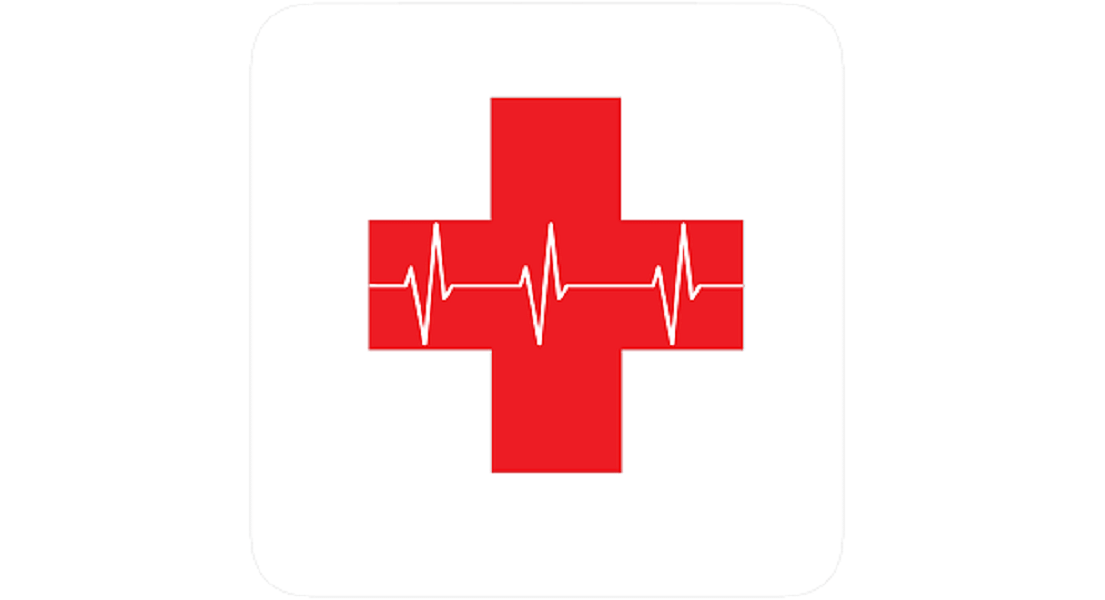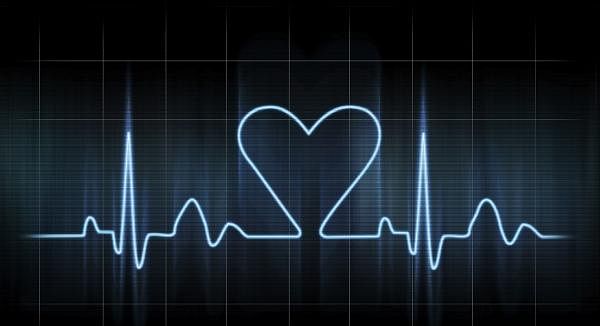Symptoms of Heart Disease & What to Do in An Emergency
Why you can trust Nutri Advanced Every article on our site is researched thoroughly by our team of highly qualified nutritionists. Find out more about our editorial process.
Since it’s National Heart Month, we wanted to devote some time to helping you to look after your cardiovascular health. We’ve outlined some of the most common symptoms that may signal heart disease so you know when you need to seek professional help.
Symptoms of Coronary Artery Disease
• Shortness of breath
• Palpitations (irregular heart beats, or a flip-flop feeling in your chest)
• A faster heartbeat
• Weakness or dizziness
• Nausea
• Sweating
Symptoms of a Heart Attack
• Discomfort, pressure, heaviness, or pain in the chest, arm, or below the breastbone
• Discomfort radiating to the back, jaw, throat or arm
• Fullness, indigestion, or choking feeling (may feel like heartburn)
• Sweating, nausea, vomiting, or dizziness
• Extreme weakness, anxiety, or shortness of breath
• Rapid or irregular heartbeats
• Initial symptoms may start as a mild discomfort that progresses to significant pain
• Most heart attacks are caused by coronary heart disease
• A heart attack is also referred to as acute coronary syndrome, myocardial infarction (MI) or coronary thrombosis.
Symptoms of Cardiac Arrest
• A cardiac arrest happens when your heart stops pumping blood around your body. Although a heart attack can result in a cardiac arrest they are two different things.
• Someone who has had a cardiac arrest will be unconscious and won’t be breathing normally
What to do if you think you’re affected by heart disease
• If you think you are having a heart attack, call for emergency help immediately – do not delay – immediate treatment will increase chances of survival and may help to lessen damage to your heart.
• You should sit and rest whilst waiting for the ambulance
• If you are not allergic to aspirin and have some nearby, chew one adult aspirin (300mg) – do not go hunting for them or this may put unnecessary strain on your heart
• If there is someone with you, it is more important that they stay with you than go hunting too far away for aspirin.
• If you see someone having a cardiac arrest (heart attack can lead to cardiac arrest), you can increase their chances of survival by calling 999 and giving them immediate CPR.
• If you are experiencing milder symptoms that may signal coronary artery disease make an appointment to see your GP.
For more information visit British Heart Foundation - www.bhf.org.uk
Source:
Information adapted from:
http://www.webmd.com/heart-disease/guide/heart-disease-symptoms
https://www.bhf.org.uk/heart-health/conditions/heart-attack
This website and its content is copyright of Nutri Advanced ©. All rights reserved. See our terms & conditions for more detail.
Nutri Advanced has a thorough research process and for any references included, each source is scrutinised beforehand. We aim to use the highest value source where possible, referencing peer-reviewed journals and official guidelines in the first instance before alternatives. You can learn more about how we ensure our content is accurate at time of publication on our editorial policy.
Most Popular Articles
-
7 Surprising Ways To Support Your Magnesium
If you are displaying signs of a magnesium deficiency, here are 7 ways to boost your magnesium levels that are easy to incorporate into your daily life. -
5 Best Vitamin C Supplements Picked By Our Experts
Learn more about the different types of vitamin C, the different benefits you get from different types, and what you get for spending more on a good supplement. -
Top 5 Vitamins For Energy And Tiredness Picked By Our Experts
The 5 best and most important vitamins for energy & tiredness including B vitamin food sources & best supplement forms for energy. -
Benefits of Myo-Inositol for Polycystic Ovary Syndrome (PCOS)
In this research review article, we take a closer look at a lesser-known natural compound called myo-inositol that has been found to have significant potential to improve many of the prevalent features of PCOS. -
Top 10 Reasons to Give Your Kids Omega-3
Read the top 10 reasons that kids should have plenty of Omega-3- an essential fatty acid- including for depression, brain function, sleep & reading/maths skills.









